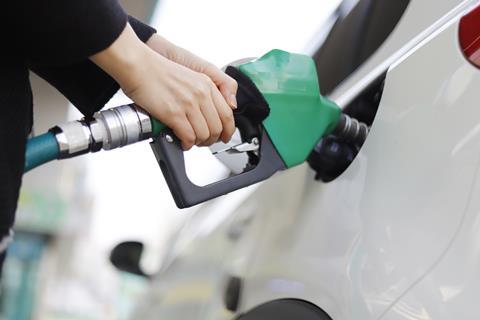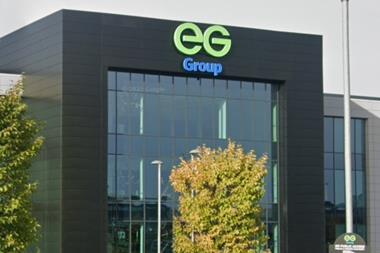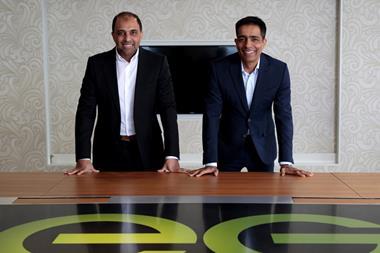
The RAC has praised a number of independent forecourts for setting an example by cutting fuel prices in line with reductions in wholesale costs, but argues that petrol and diesel in most of the UK remains too expensive.
The motoring organisation says that what the industry pays for fuel on the wholesale market has been dropping since early July, with the past week seeing a sharp decrease. And it says on average forecourt operators should be cutting prices by 6p per litre at the pump to reflect this.
It applauds Zuber Issa’s EG On The Move outlet in Portlethen in Scotland which recently began selling petrol and diesel for 16p less than a nearby Asda, before the supermarket cut its prices to match.
And it says the famously “cheap” Essar-branded, DA Roberts-run forecourt at Grindley Brook in Whitchurch, Shropshire, has been selling a litre of unleaded at 130.9p, and diesel at 133.9p.
Data from RAC Fuel Watch shows the delivered wholesale price of petrol averaged 103p a litre last week which, with a retailer margin of 10p – 2p more than the long-term average of 8p – should lead to average prices of just under 136p including VAT, says the RAC. This is 6p lower than the current UK average of 142p.
Diesel, which is currently averaging 147p, should be being sold for 139p with a 10p retailer margin given the wholesale price of 106p, says the RAC. The UK, it says, is the most expensive for diesel in Europe for the past 16 out of 17 weeks.
In Northern Ireland, petrol is 4p cheaper and diesel 8p less than the UK average.
The average price of a litre of unleaded bought at one of the big four supermarkets, which dominate UK fuel sales, is 138p and diesel is 143p.
And the average retailer margin currently stands at 13p for petrol and 15p for diesel.
“This is staggering when compared with the long-term margin figures of 8p for both fuels,” says RAC head of policy Simon Williams, who argues that motorists are often not benefiting from the previous government’s 5p cut in fuel duty.
“The biggest retailers’ refusal not to reduce their prices to fairer levels is continuing to cost drivers dear, and it’s all the more outrageous when you factor in the fact we’re all meant to be benefitting from a temporary 5p cut in fuel duty, that looks likely to disappear in the coming months,” says Williams.
“Once again, we urge retailers to do the right thing and reflect the lower prices they’re paying for wholesale fuel on their forecourts. It’s plain for all to see from some of the lower prices being charged around the UK, both across the whole of Northern Ireland and at various other forecourts, that fuel can and should be sold much more cheaply.
“If a small individual retailer like DA Roberts at Grindley Brook in rural Shropshire is comfortable charging 131p a litre for petrol, surely the multimillion-pound businesses that are the big supermarkets ought to be able to get much nearer to that?”
Williams asserts that unless prices fall dramatically in the next week or so the government and the Competition and Markets Authority should intervene. ”Tough action needs to be taken to change this as drivers are losing out badly every time they fill up. Artificially high pump prices also contribute to a higher level of inflation – so if prices were nearer where they should be, inflation would be lower, benefitting borrowers and the wider economy,” says Williams.
The RAC says that with retailers having been found by the Competition and Markets Authority to have overcharged drivers by £1.6bn in 2023, the recent fall in the price of oil and the strengthening of the pound – the two biggest factors in determining the wholesale price of petrol and diesel – present an opportunity for retailers to regain the trust of drivers by reducing their pump prices significantly.
But Gordon Balmer executive director of the PRA says that the RAC is being unrealistic.
“The RAC continues to push the narrative that fuel margins should be lower when compared to “long term averages”. This analysis ignores cost increases that retailers have had to contend with which include increasing interest and mortgage costs, energy prices, record rates of crime and labour costs,” says Balmer.
”I have been fully transparent with the Competition and Markets Authority and met with them last month to discuss this. As previously mentioned, my door is open to the RAC to help them to understand how our industry works and, in the meantime, I would advise motorists to shop around if they are looking for cheap fuel and use petrolprices.com.”


























